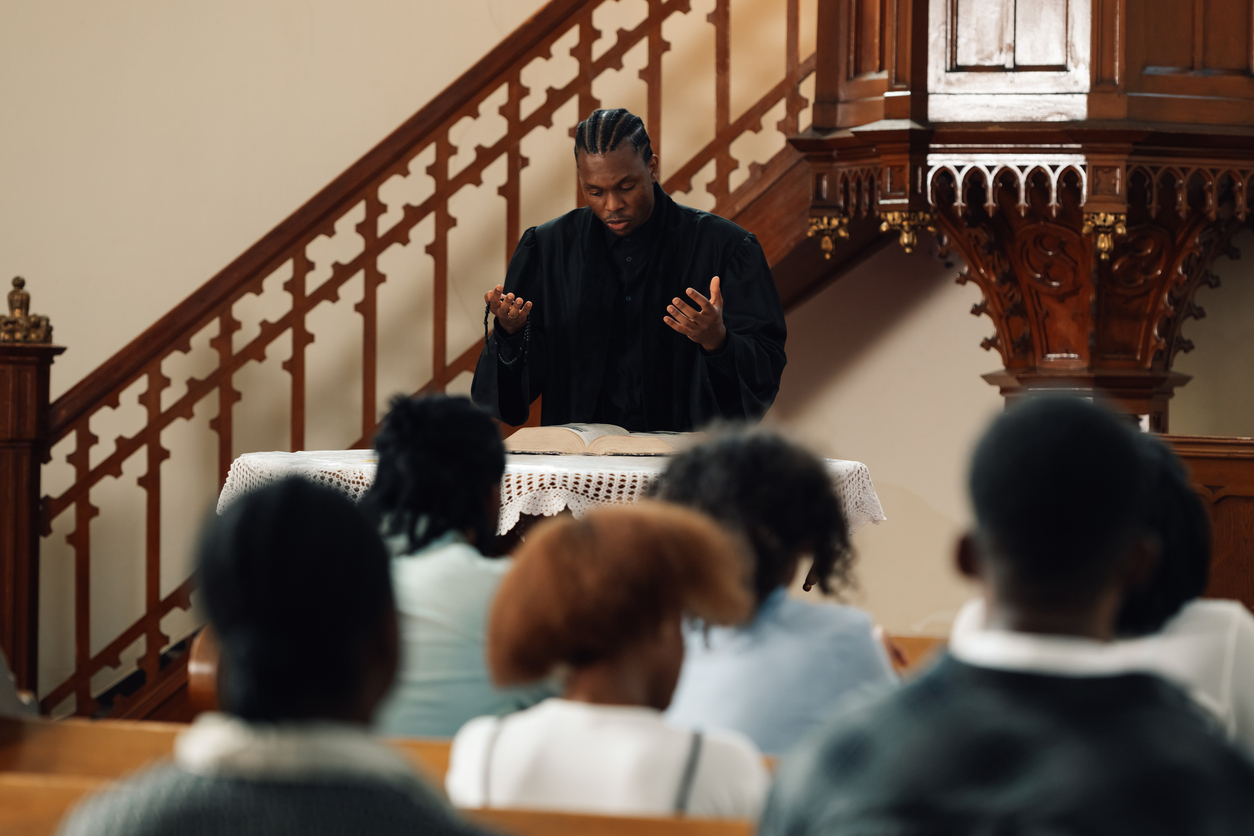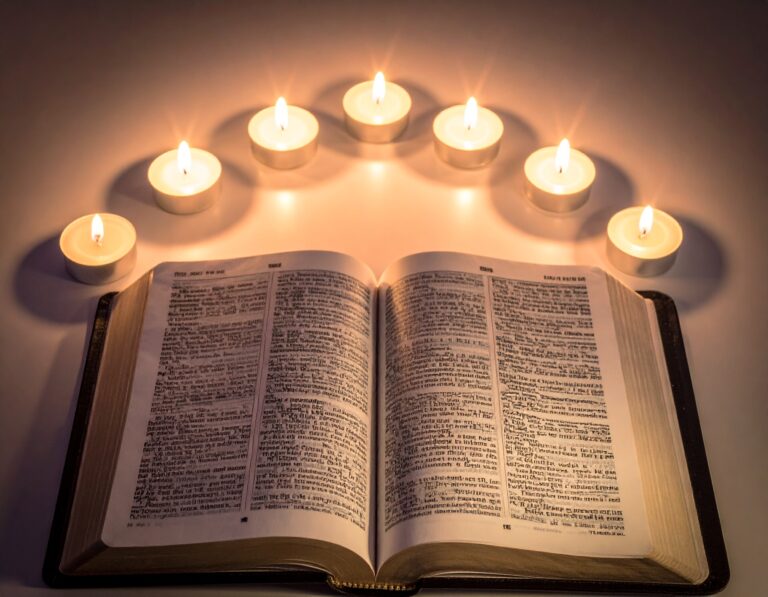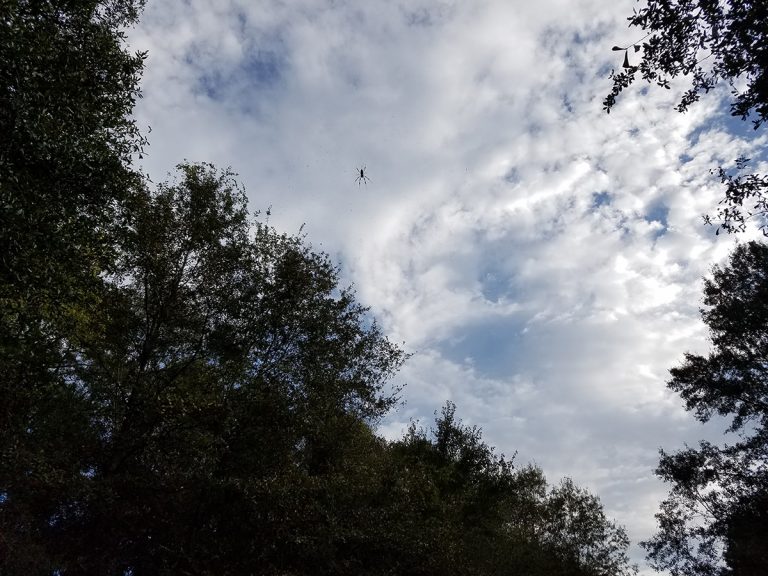Psalm 119:125 – Teach Me
I am your servant. Teach me
and I will understand your testimonies.
As I read this verse late last night, I had the feeling that I’d talked about just about every element of it. I’ve been pointing out repeatedly that every claim to have done something in some way reflects another when the psalmist acknowledges dependence on God. There are verses expressing thanks for the law and hope in God’s promises, and also those expressing the pain of waiting.
This verse puts a great deal of the whole message of the psalm in a very few words. “Teach me and I’ll understand.” God is the source of law, testimony, and yes, history itself. And God is the best teacher.
This led me to thinking seriously about the entire psalm. One of the things that can make scripture hard to read and understand is the variety of literature we find, not to mention history and background. We rarely have the patience for reading a passage as a whole. I recall once making a suggestion to someone planning worship that it would be nice to either use all four lectionary passages as part of the order of worship, or to imitate them by having the same variety.
One of the most powerful worship services I have ever attended involved an extensive set of readings. I believe it was Year a, 3rd Sunday in Lent, with John 4:5-42, Romans 5:1-11, Exodus 17:1-7 and Psalm 95. The one I recall was the full scripture reading of John 4:5-42. I was already both impressed and blessed by the inclusion of all the readings in the service, but then the pastor began to preach, and he tied every one of those passages into his message, weaving a tapestry about God’s work of redemption from all of them together. He ended with the service of Holy Communion and as he spoke the words, he again wove material from all those readings. He combined the reading of scripture, the exposition of scripture, and the application of scripture in the form of worship into one single picture and message and then called the congregation to go forth and live it.
This commitment to bringing these various elements together as a whole is very important in itself. Understanding some relationships, historical and liturgical, is very helpful in building a community that serves God and humanity. Tied into a message of hope and redemption, the service of Holy Communion can be an experience of spiritual renewal. Seeing an example of careful, thoughtful construction of a worship experience is a message in itself.
That is what I feel when I read this Psalm. Yes, there are so many pieces. It’s easy to feel that it’s scattered. But if you have the patience to observe, to absorb it, and look for how everything fits into an expression of prayer, praise, worship, and instruction, you’ll find a very powerful piece of literature.
If you have an opportunity to study this in Hebrew, you can add the craftsmanship of presenting it as an acrostic. This craftsmanship is also a form of praise and teaching. God can be worshiped in and with beauty, structure, imagination, imagery, and sound.
One of the ways God teaches us today is by the preservation of this kind of literature by which we can learn. Poetry in the heart reflects God’s poetry of all creation.
How will you join your heart and voice with this poetry today?
(Featured image credit: zamrznutitonovi licensed via iStockPhoto.com


